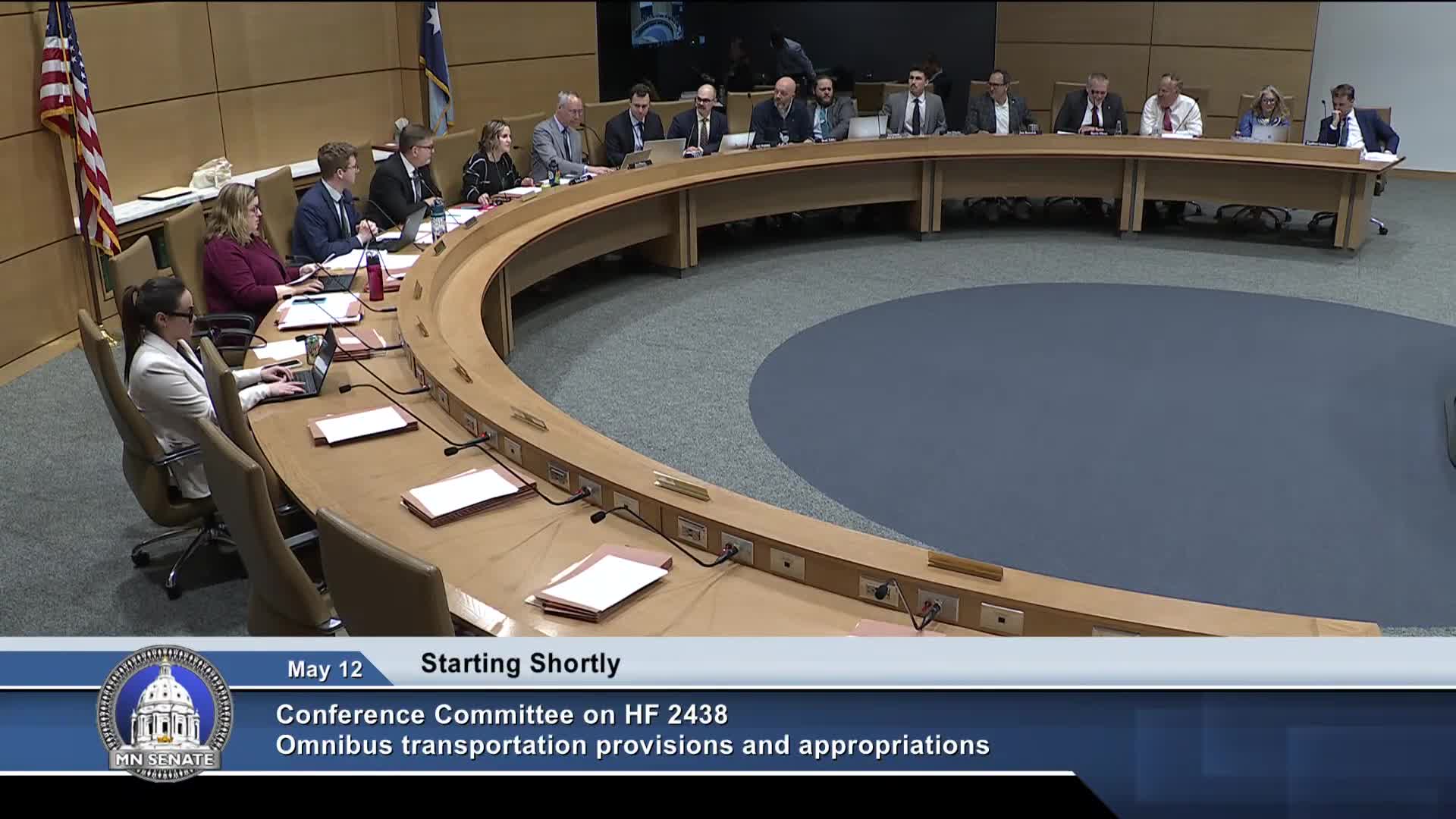Article not found
This article is no longer available. But don't worry—we've gathered other articles that discuss the same topic.
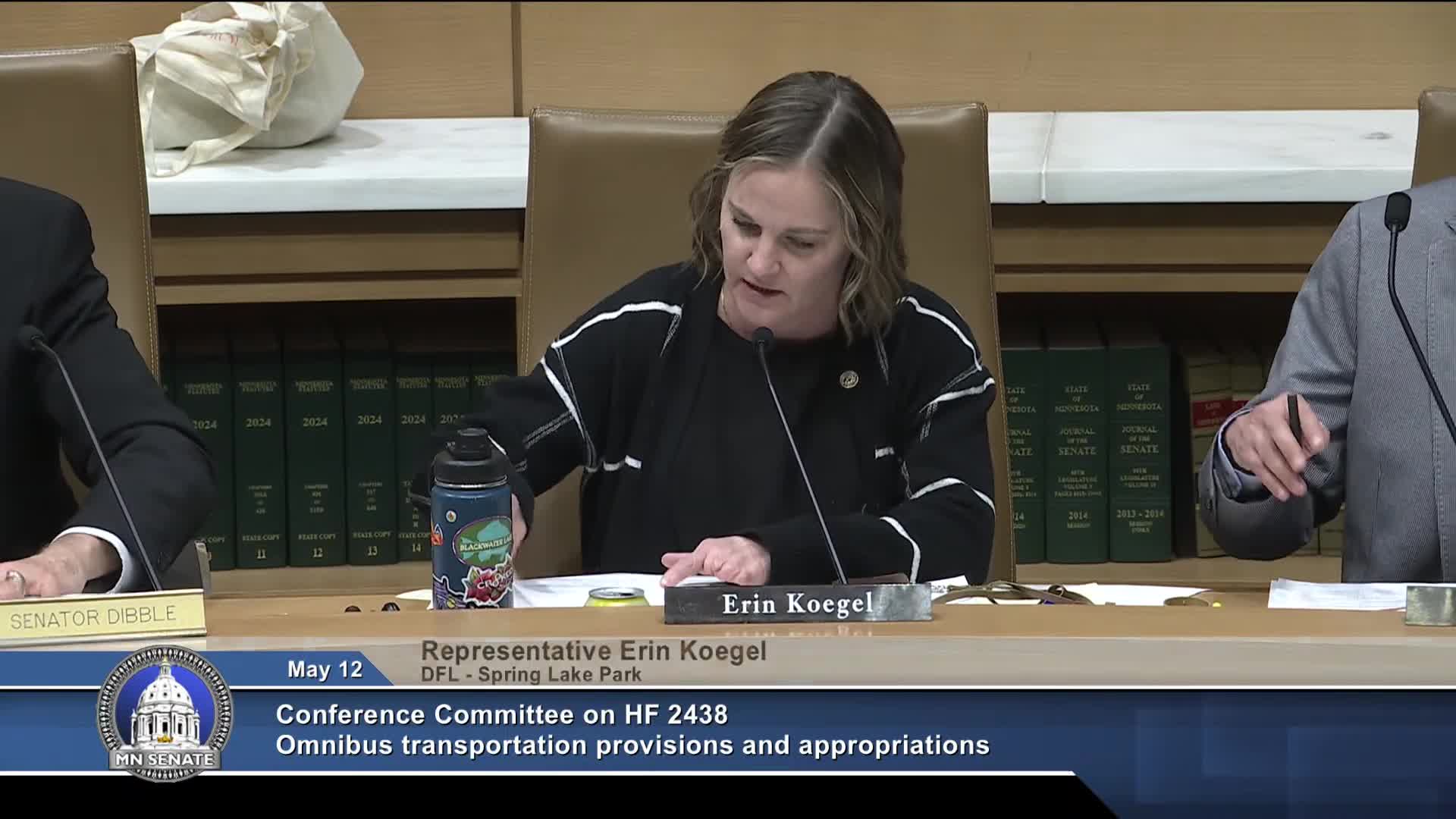
Advisory Council on Traffic Safety Seeks Clear Grant Authority and Study of Lane‑Filtering
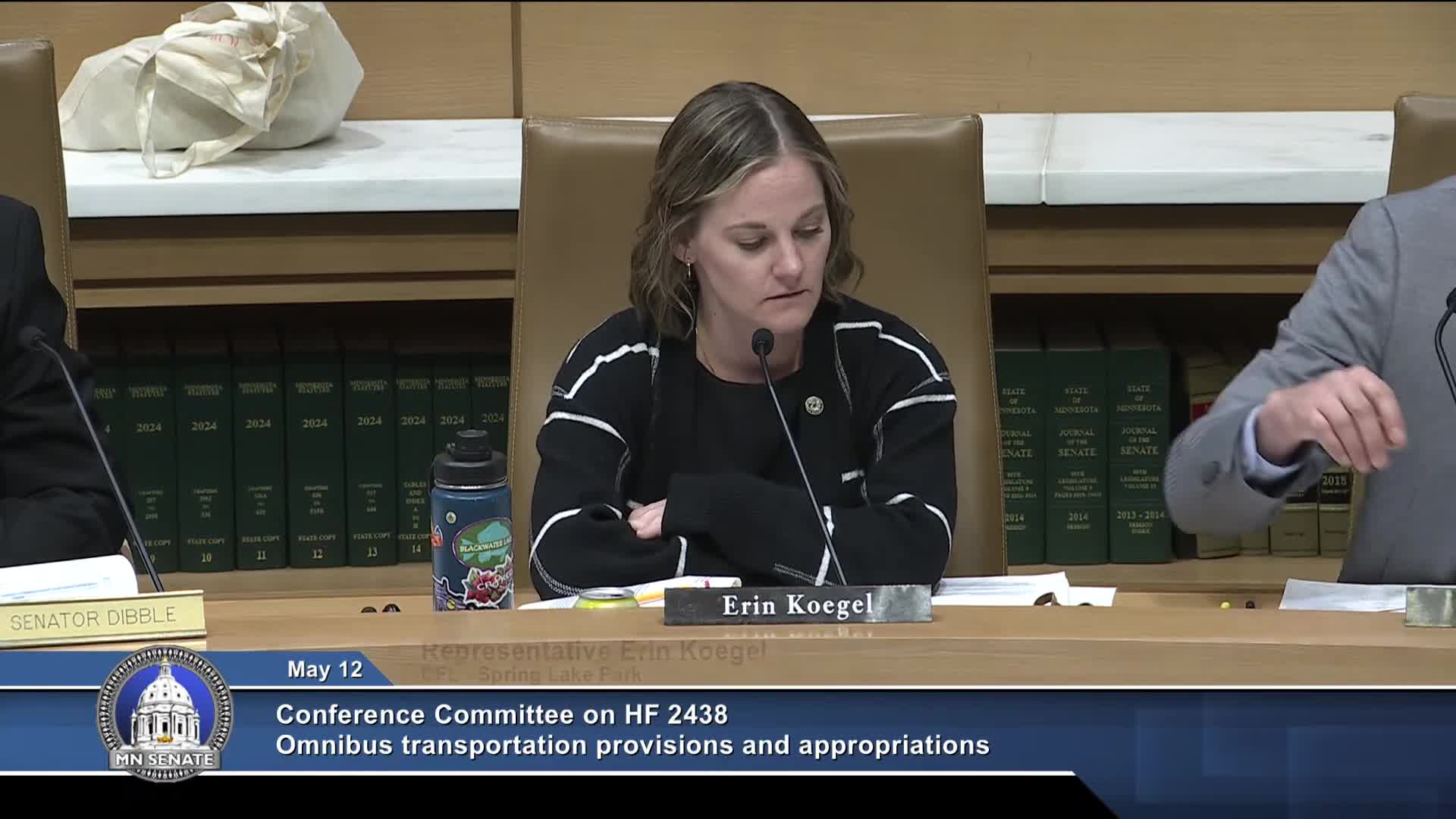
MnDOT Warns Asset‑Sustainability Targets Would Shift Billions; Lawmakers Debate Timing and Scope
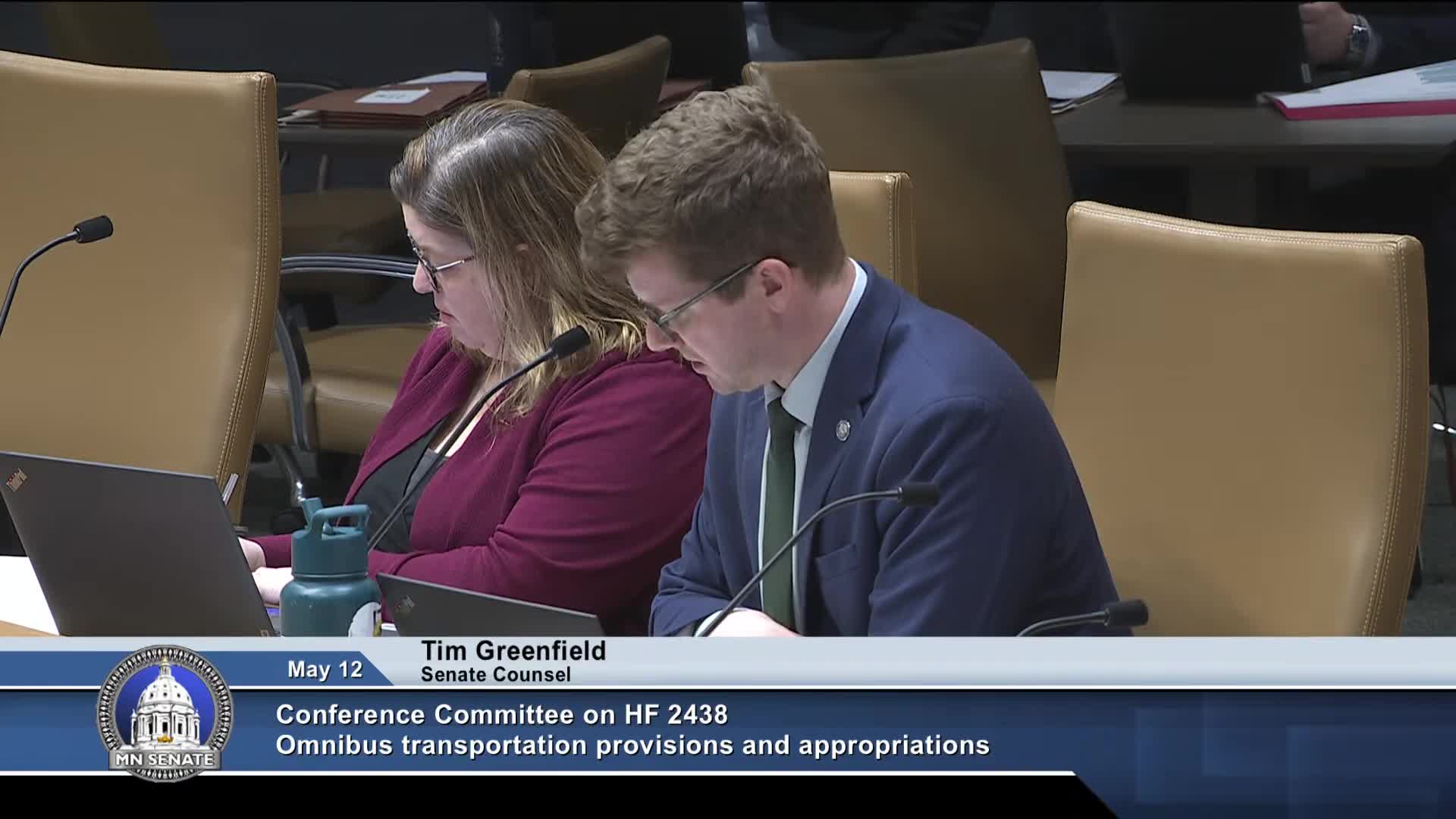
Lawmakers Debate 'Resilient Pavement' Proposal as MnDOT Points to Existing Long‑Term Program
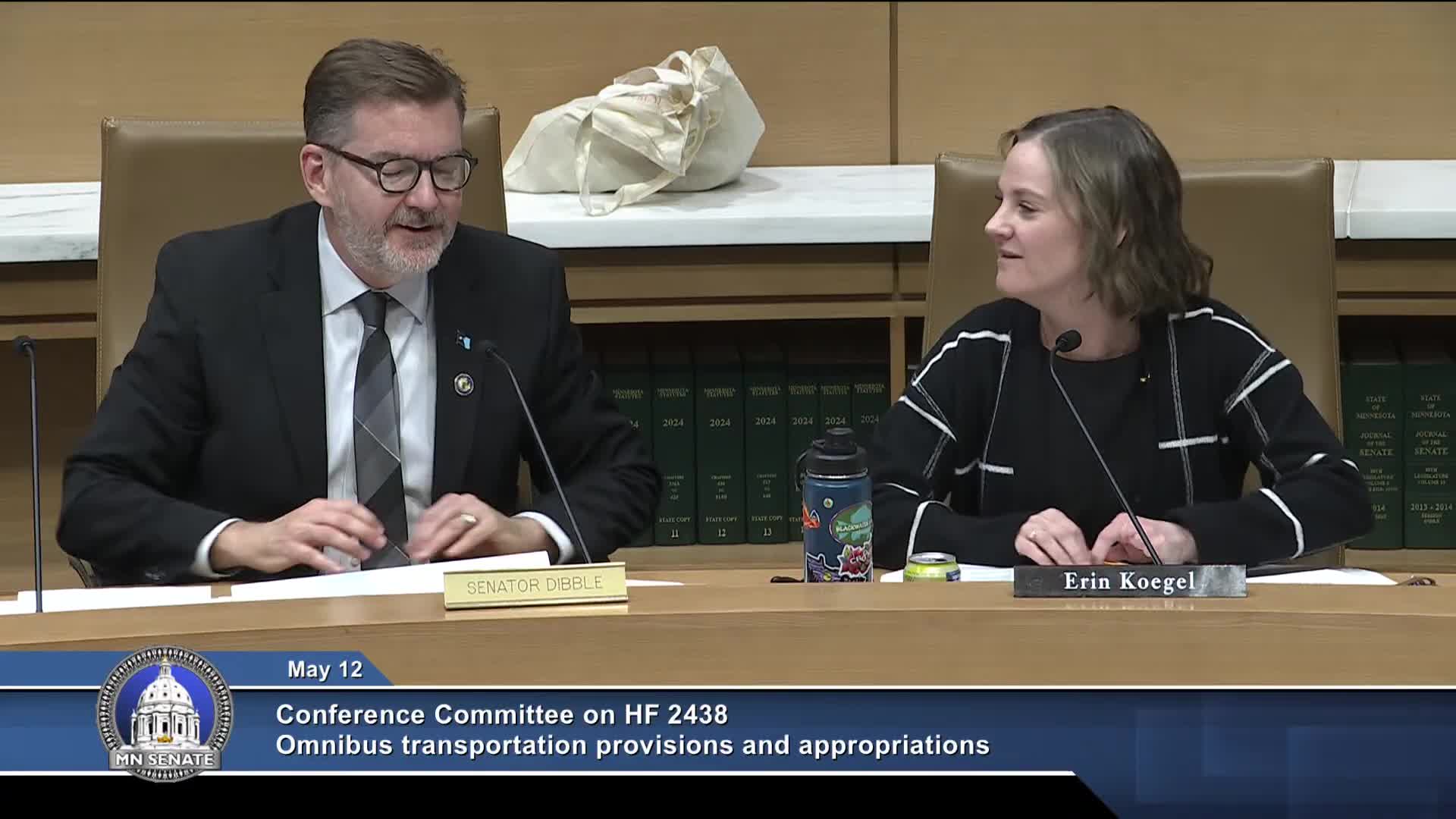
Metropolitan Council Loan Proposal Would Advance F‑Line Transit by Coordinating Highway Work with MnDOT
